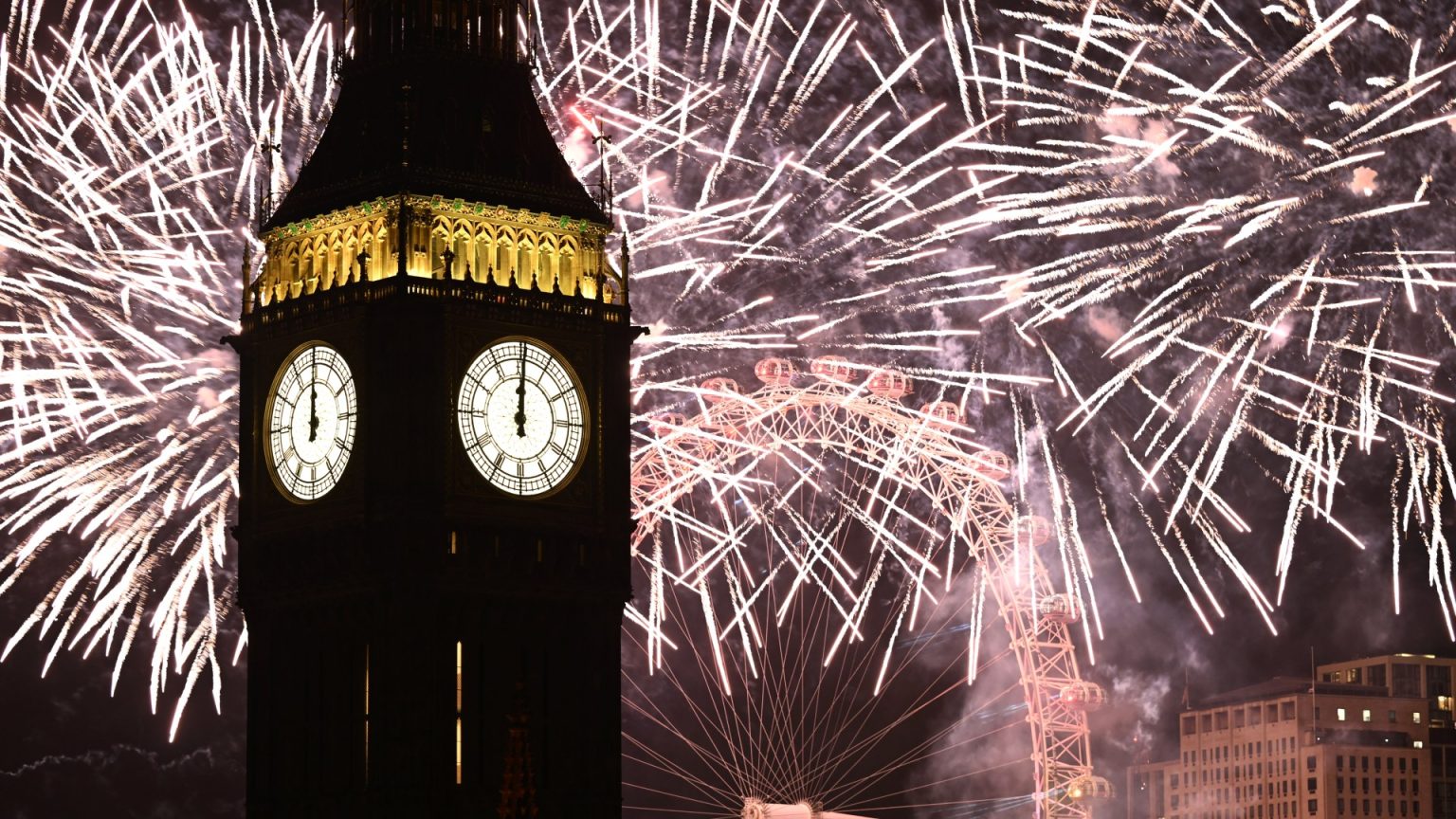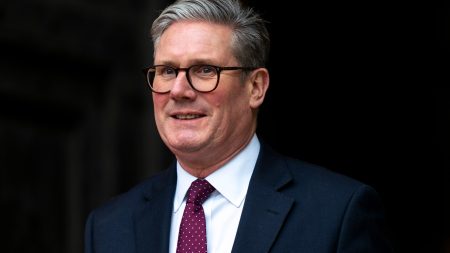The year 2024 presented a mixed bag of triumphs and tribulations, leaving many with a sense of weary anticipation for better times ahead. While moments of national pride punctuated the year, such as the impressive performance of Team GB at the Olympics and Paralympics, the emergence of sporting stars like Keely Hodgkinson and Luke Littler, and the near-victory of the Lions in the Euros, the overall sentiment was one of hardship and unfulfilled promise. The King and Princess Kate bravely battled cancer, embodying resilience in the face of personal adversity, while the nation itself grappled with economic and political challenges. The hope ignited by the Labour party’s election victory in July, promising change after a period of Conservative leadership, quickly dimmed as the new government struggled to deliver on its promises.
The initial optimism surrounding the new Labour government soon gave way to disillusionment as a series of perceived missteps unfolded. The scrapping of winter fuel payments for pensioners, coupled with the allocation of these funds to rail unions, sparked criticism. Further controversy arose from new taxes levied on family farms and struggling businesses, adding to the financial strain on an already fragile economy. Economic growth, which had seen positive momentum under the previous administration, stagnated. The government’s promises of increased prosperity for the British people in 2025 appeared increasingly hollow against a backdrop of rising taxes and a looming cost of living crisis. The October budget, widely deemed disastrous, cast a further shadow of uncertainty over the nation’s economic future.
Amidst the domestic challenges, global concerns continued to cast a long shadow. The ongoing conflict in Ukraine remained a source of international tension, with hopes for a peaceful resolution remaining elusive. The humanitarian crisis in Gaza, marked by the Hamas conflict and the capture of Jewish hostages, further contributed to a sense of global instability. Against this backdrop of conflict and uncertainty, the prospect of sporting events offered a glimmer of hope and a welcome distraction. The Lionesses’ defence of their Euros title, the Ashes series for England’s cricket team, and Lewis Hamilton’s debut in a Ferrari provided moments of anticipation and potential national pride.
A key point of contention surrounding the new government revolved around its handling of public finances. Despite Chancellor Rachel Reeves’ pledge of an “iron fist against waste” and the promise of rigorous scrutiny of every pound spent, instances of perceived extravagance emerged. The Justice Ministry’s £13,000 refit, including the purchase of three mirrors, drew criticism and accusations of hypocrisy. This incident, while seemingly minor in the grand scheme of government spending, became emblematic of a broader concern regarding fiscal responsibility and the government’s commitment to its own stated principles of prudent financial management. The optics of such expenditures, particularly in the context of austerity measures and rising taxes for the general public, undermined the government’s credibility and fueled public skepticism.
Looking ahead to 2025, the nation held onto a mix of hope and apprehension. The desire for a peaceful resolution in Ukraine, the release of hostages in Gaza, and a return to economic stability remained paramount. The upcoming sporting events, with the potential for national triumphs, offered a welcome distraction from the prevailing anxieties. However, the underlying economic and political challenges continued to loom large. The government’s ability to deliver on its promises of prosperity, address the cost of living crisis, and restore public trust remained uncertain. The nation entered the new year with a sense of cautious optimism, tempered by the realities of a challenging global landscape and unresolved domestic issues.
Ultimately, the year 2024 served as a stark reminder of the complexities and uncertainties that shape the national and global landscape. While moments of individual and collective achievement provided glimmers of hope, the overarching narrative was one of challenge and unresolved issues. As the nation transitioned into 2025, the need for effective leadership, sound economic policies, and a renewed commitment to national unity became increasingly apparent. The hope for a brighter future remained, but its realization would depend on the choices made and the actions taken in the months and years ahead.











